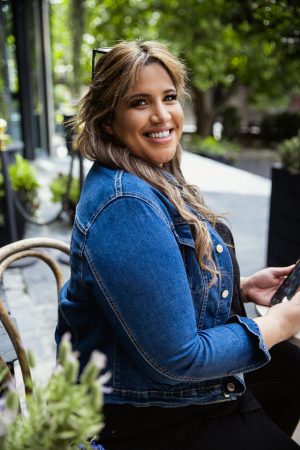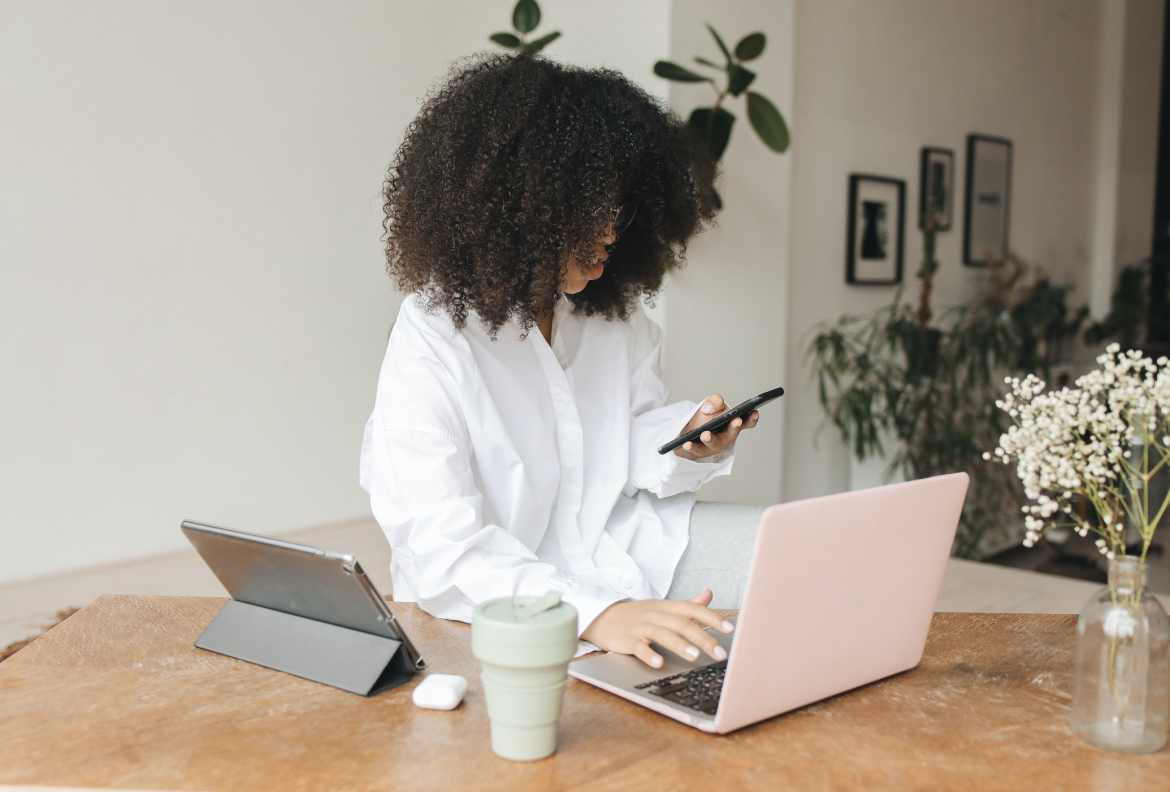October marks National Mental Health Awareness month. Too often, mental illness is swept under the rug, and the lines between being busy and a health threat are blurred.
The CV-19 pandemic did not do us any favours either. The physical risks of anxiety and stress among South Africans have seen a steep climb over the last year. Global studies reveal that the worldwide lockdown has and can continue to wreak havoc on individuals’ psyches as more cases of depression, suicide, and self-harm due to CV-19 are reported internationally.
The extremes of ‘making’ or ‘breaking’ industry boundaries brought by South Africa’s lockdown left many entrepreneurs at a turnaround point. If you committed to sustaining your business and financial stability at the height of a global crisis, it likely came at the price of turning into work mode more often and using most (if not all) your resources to keep moving forward.
For Shelley du Plessis, this was precisely the case, and then some. In early 2020, the Mitchells Plain born and bred (now Johannesburg-based) mother of one switched careers, moving from a nine-to-five corporate position to establishing a business with her Cape Town partner.
She became the first African woman to co-find an online trading platform. Fast-forward to 2021, with a 200 000-strong client base and a new-found business in the supercar arena, Shelley learned to find balance the hard way, making no compromise when it comes to her mental wellbeing.

“Being busy used to be ‘my thing’,” admits Shelley. “I was conditioned to fill my plate to the point that I was always busy, getting nothing done, and losing focus without being productive.”
“Finding balance while prioritising mental wellness can be challenging when considering work etiquette and day-to-day business commitments. I was used to going on a guilt-ridden trip when I needed to dip out of meetings and tend to personal matters. Although it happened occasionally, it’s pretty ridiculous to think we have installed a sense of responsibility towards maintaining the culture of immediacy.”
A year into scaling her trading business, Veracity Markets, Shelley admitted she needed more than therapy to find stability in her life. She embarked on a seven-day recovery, distancing herself from communication devices and social media at a Gauteng wellness centre. Albeit feeling nervous and resistant to the short-term disconnection, it was on day one that she decided to prolong her treatment to 21 days.
“A mental disorder can sneak up on you when you expect it the least”, says Shelley. “I was happy. My business was doing phenomenal. I was spending more time with my daughter. I was exercising and in a new relationship. I was fine! It was tough to check myself into the centre. Knowing that I would disappear for seven days made me question my value. At that time, the business of being busy was an art I fine-tuned. I didn’t want to lose momentum. These were all signs that I needed a break and reset the way I looked at my wellbeing.”
Conclusion: “The experience helped me hone in on how my work behaviour impacted my daughter. Children are quick to mimic and learn from their adult role models’ actions. I am now more conscious of highlighting time with her, putting my phone and laptop aside, and (really) being present. It naturally started to apply to my personal connections and even when I meet with clients and staff. Counselling and recovering from a mental wellness problem may not resolve it. It may stay with you throughout your lifetime. Today, I continue to keep on going and make a point to understand that ‘stopping’ is necessary to continue moving forward.”

Shelley’s Mental Health Checklist:
Don’t keep it bottled up. If you have the opportunity to share your thoughts and personal concerns with those close to you, take it. Other people to pick up on the signs of my self-questioning, and when I continued to disregard my needs, I realised I needed professional help.
Reality check: it’s easy being busy. It’s difficult to resist the habit of busyness consciously. It’s sad to acknowledge that remaining busy as opposed to being productive has become the norm. We have come to associate ourselves as businesswomen and men governed by overflowing schedules. It takes a lot to give in to these reflections. The more open you are to accept it, the closer you are to taking the proper steps for your wellbeing.
Seek counselling. There are various resources online that can help you pin down minor symptoms, but it is advised to seek professional guidance and confirm a diagnosis.
Follow Shelley on her journey at @yes_that_shelley.
If you are seeking help, use this helpful self-assessment tool: https://www.akeso.co.za/self-assessment-tools
ALSO SEE 5 TIPS FOR BUILDING GOOD HABITS

